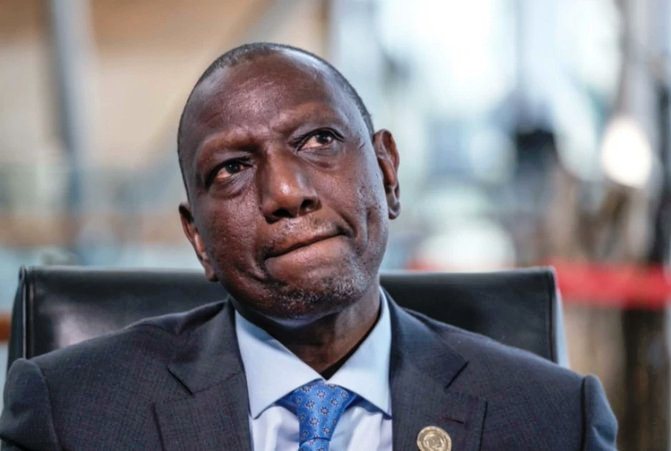The court’s decision stems from an application filed by MIA Wines following the circulation of a video on or about 10th July 2025, in which Chemwey allegedly claimed the company re-labelled expired wine bottles and redistributed them to unsuspecting consumers. The company argues that the video, which has since gone viral, has severely damaged its reputation and commercial standing, particularly among major retail outlets and supermarkets.
Justice Sifuna directed that the application be served on the Defendant within three days of the ruling, with a response expected within three days of service. Given that the contested content was shared online, the court allowed MIA Wines to effect substituted service by placing an advertisement in a newspaper with national circulation.
The matter will proceed by way of written submissions. The Plaintiff is required to file and serve their submissions within four days of receiving the response. The Defendant will then have four days to file a reply. The matter is scheduled for mention on 30th July for further directions.
In its application, MIA Wines is seeking several orders, including a permanent injunction prohibiting Chemwey or his agents from publishing any further defamatory, false, or malicious content. The company also demands a full and unconditional public apology, as well as a retraction of the video and associated narrative.
Additionally, the Plaintiff is asking the court to compel the Defendant to delete all defamatory content, including images and text, across all platforms, including websites, social media pages, and digital archives, within seven days of the court’s order.
The company further claims that the Defendant used AI-generated images of its employees without their consent, thereby violating their constitutional rights to privacy and dignity and exposing them to public scorn.
Despite repeated demands for an apology, retraction, and compensation, the Defendant has reportedly failed to respond. MIA Wines argues that the continued presence of the defamatory material poses an ongoing threat to its business and that the court is constitutionally empowered to grant the relief sought.
[/full]





